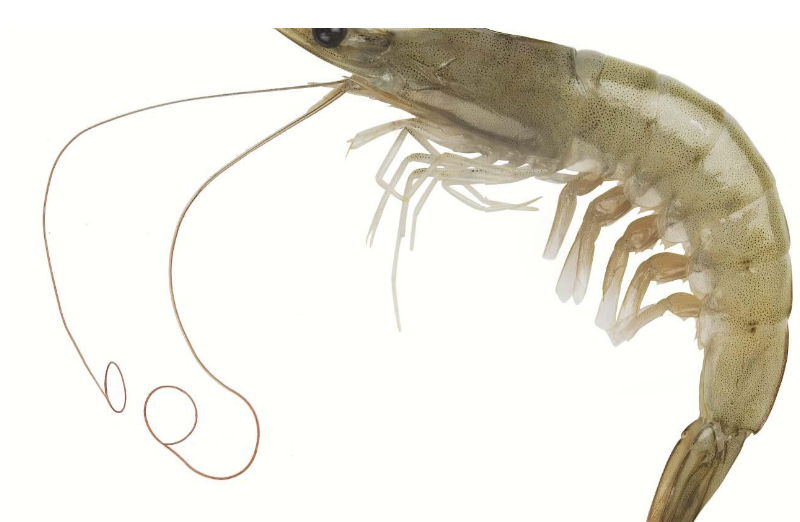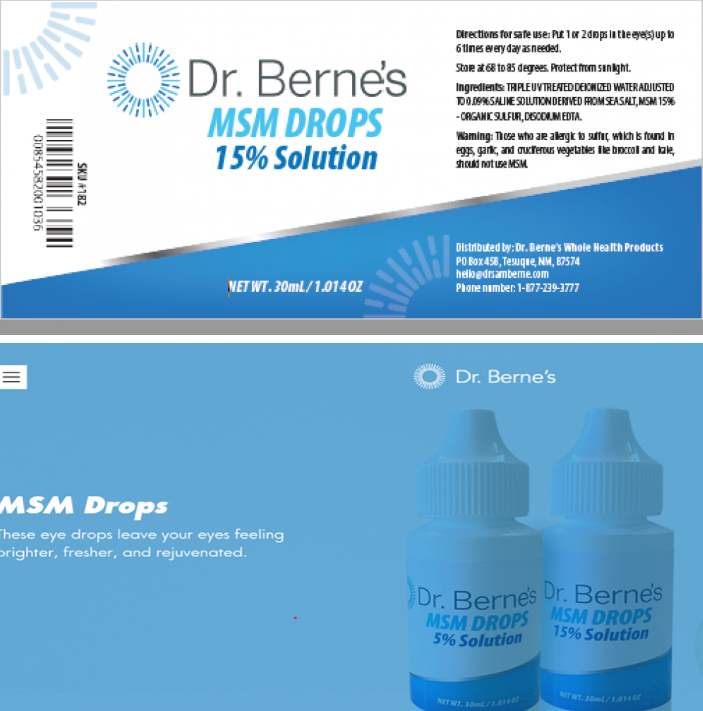The FDA signed a Regulatory Partnership Arrangement (RPA) with Ecuador’s seafood regulatory authority to strengthen food safety in shrimp intended for the US market. Shrimp is the most consumed seafood in the US, the vast majority of which is imported. Ecuador is one of the leading exporters of shrimp to the US. The first of its kind, this regulatory partnership serves as an arrangement between the FDA and the Vice Ministry of Aquaculture and Fisheries (VMAF) to work more closely to reinforce food safety practices along the entire supply chain. Such arrangements aim to leverage commodity-specific oversight systems — in this case, involving imported aquacultured shrimp — along with data and information, to strengthen food safety before and at the port of entry. The FDA did a rigorous assessment of the strength of Ecuador’s aquacultured seafood safety system and examined important parts of VMAF’s programs and capabilities. Through this assessment, the FDA is confident that Ecuador has key components of a food safety oversight system for shrimp and shrimp products intended for export to the US. @ https://www.fda.gov/food/cfsan-constituent-updates/fda-signs-partnership-ecuador-enhance-safety-shrimp-imports?utm_medium=email&utm_source=govdelivery



